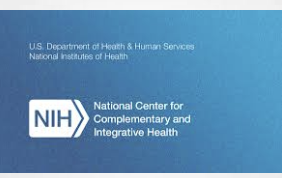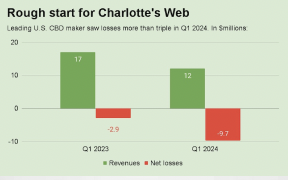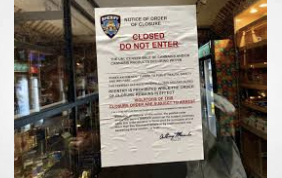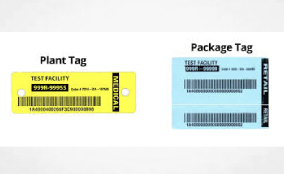While medical marijuana is not legal on the federal level, it is legal in 33 states. On the federal level, all marijuana is illegal. Marijuana is classified as a Schedule I drug with little to no medical benefit and a high potential for abuse.
However, in the 33 states where medical marijuana is legal, medical professionals have made a good case for the significant benefits conferred by using the drug in a safe and controlled fashion. Medical marijuana may help to control conditions like nausea, chronic pain, epilepsy, and multiple sclerosis.
The disconnect between federal and state laws provides a significant gray area for users of medical marijuana. Workplace accommodation laws like the federal Americans with Disabilities Act may not apply to medical marijuana users. If state laws protect them from workplace discrimination, these laws may provide workers with reasonable accommodations.
In most states with medical marijuana laws, medical marijuana patients must be certified as having a “disability” under their individual state’s human rights law. When there are provisions in the law to do so, employers must accommodate the underlying disability associated with marijuana use. Different states have different interpretations of a “reasonable accommodation,” but it is on the state level that medical marijuana patients should look to press their case.
Faruqi & Faruqi LLP examines a representative sample of the various state laws and cases regarding medical marijuana. It explains which “reasonable accommodations” patients should be able to expect from their workplaces.
Workplace Drug Testing
One area that could be considered a reasonable accommodation is workplace drug testing. If employees are required to provide clean drug tests periodically, but one individual is prescribed medical marijuana, the drug will come back on their screening test. In states where medical marijuana is legal, employers could exempt medical marijuana users from this workplace rule. A waiver of the employer’s zero-tolerance drug policy may be all the employee needs to be properly accommodated.
New Jersey
In a decision issued in March 2020, the New Jersey Supreme Court ruled that all employers must provide reasonable accommodations for individuals who use legal, medical cannabis. The medical marijuana user in the case was let go from his job after having tested positive for cannabis on the clock. The individual had not previously disclosed his legal, medical marijuana use to his employer.
The individual sued his workplace, alleging discrimination over his disability and failing to accommodate him under the New Jersey Law Against Discrimination. The New Jersey Supreme Court found that employers within the state could not fire employees who are legal users of medical cannabis-based solely on their use of the substance.
District of Columbia
In October 2019, a legal, medical cannabis user and sanitation worker from the District of Columbia sued her employer because she could not receive reasonable accommodation for her back pain. When her employer found out that she was a legal medical marijuana user, the employer penalized her by prohibiting her transfer to a position that would have aggravated her medical condition far less, stating that she would have to pass a drug screening test before being transferred to the new position.
The new District of Columbia law in question took effect in October 2019. The law prohibits the D.C. government from taking adverse employment action against people in legal medical marijuana programs unless their job was classified as a “safety-sensitive” position. The law classifies all sanitation workers as “safety-sensitive” whether or not they operate heavy equipment.
The worker, in this case, is partnering with the ACLU to have her case advanced. This is an important test case that will provide precedent in how state and local employees are treated in states where medical marijuana is legal.
Massachusetts
A Massachusetts employee who was using medical cannabis to treat Crohn’s disease was terminated for failing a drug test on her first day of work. She had disclosed her medical cannabis use to her employer, and the condition for which it was prescribed was featured in the state legislation. A Massachusetts court found that the employer could not let her go based on this drug test and required that they go through an “interactive process” to determine the possibility of alternatives that would not violate the employer’s policy.
Rhode Island
A Rhode Island court concluded in 2017 that an employee could not be let go because of their status as a medical marijuana cardholder and a user of the substance. A job was denied to the employee based on drug test results, even though the employee had disclosed her use of medical cannabis.
In Conclusion
Comparing all of these test cases, it is clear that many state statutes prohibit employers from discriminating against their employees due to their use of medical marijuana. The most common accommodation given is an exemption from the employer’s zero-tolerance drug policy. While federal laws remain strictly anti-cannabis, a growing number of states accept the drug’s beneficial uses.
Faruqi Law wants to help clients who take part in legal medical marijuana programs to get the accommodations they deserve to keep their jobs. A complete understanding of the state laws in question is necessary to combat this problem in court.

















